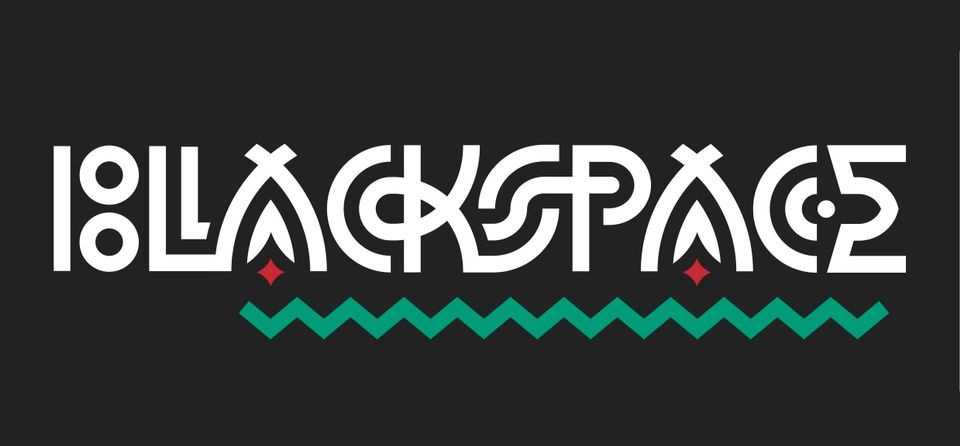The West African concept Sankofa, created by the Akan people in modern-day Ghana, is symbolized by a bird moving forward while looking backward. Blackspace, and its focus upon Afrofuturism—a movement that incorporates black culture into art and technology—draws on this concept.
“The literal meaning of Sankofa in Twi, the Akan language, is ‘go back and fetch it,’ but what that means is in order to move forward, you need to look back to your past,” Pierce Freelon, a
musician, activist, former professor and the founder of Blackspace, said. “And at Blackspace, we do a lot of looking forward. We envision, picture and manifest, and train ourselves for the future, but we also firmly root and entrench ourselves in our history and in the experiences and legacies of our ancestors.”
Blackspace is a community program that seeks to provide a space for black youth to explore science, technology, engineering, arts and math.
The program began in 2014 in Chapel Hill and expanded to Durham in 2016, where it is now headquartered. Students in the program attend classes called “wokeshops” to learn beat-making, videography, radio, spoken word and puppetry. Students also hold performances to apply the skills they learn.
Recent Blackspace events include the Poetry Grand Slam Final on February 10 and a digital storytelling presentation called “Vertigo”—in collaboration with photographer Phyllis Dooley—from March 29 to April 8 about descendants of the enslaved people at the historic Stagville plantation in Durham.
“Blackspace makes a difference by creating a space and opportunities—what we call breathing space—for people of color to create and build the world they want to see,” Freelon said. “And that is huge, because I don’t think in this world there are many spaces or opportunities that are designed to help youth of color breathe.”
Freelon views Blackspace a place where marginalized groups can explore and create in a world of oppression.
“A lot of times—whether it’s in the criminal justice system, or in school, or places of worship—if you’re black, queer or a woman, or if you are a person who the structures of oppression are designed to exploit, then it can be hard to operate and navigate and survive that space, let alone dream up alternatives or live your best life,” Freelon said.
Freelon encourages Chapel Hill High School students to attend the group’s poetry events, puppet shows and cyphers. Blackspace’s cyphers—informal rap battles meant to foster a sense of community—are performed every Friday night at CCB Plaza in downtown Durham.
The cypher begins small at 9:19 PM—after the area code—but as time passes, it grows in number and in volume. Standing in a circle, participants take turns rapping and playing games, such as freestyling based on a random word in the dictionary.
The cypher has a strong community feel, welcoming onlookers and encouraging them to join. Freelon hopes that students not only attend Blackspace events but also take time to learn about inequality and work toward improvements.
“Commit yourselves to learning more about race equity and consent culture and the movement for black lives,” Freelon said. “We have to have folks from a young age be open-minded and empathetic with struggles and leadership of people of color.”
Blackspace’s programs are free for youth, but Blackspace is in need of funds to support them. Those interested in backing Blackspace can make a one-time contribution or become a sustainer on Blackspace’s Patreon.
